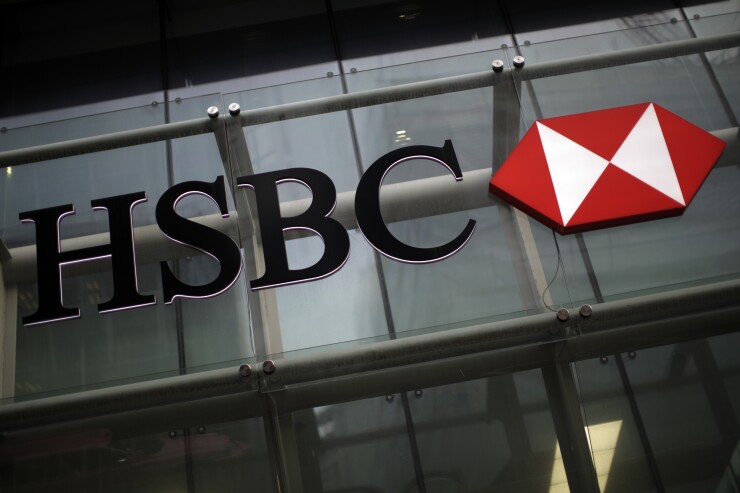While his former colleague was arrested as he was about to board a plane at a New York City airport in July, Stuart Scott, the former head of HSBC Holdings' currency trading in Europe, has remained free at home in suburban London.
That came to an abrupt end on June 5 when U.K. authorities arrested Scott, 44, at the request of the American government, federal prosecutors told a U.S. judge in Brooklyn in a letter filed late Wednesday. He appeared at a London court on the same day and was bailed out for 100,000 pounds ($129,000), a U.K. court clerk said by phone Thursday.

Since last year, prosecutors have been attempting to bring Scott to the U.S. to face charges that he and Mark Johnson schemed to rig foreign-exchange markets, in the first American case of its kind. Johnson, HSBC's global head of foreign-exchange cash trading in London, has pleaded not guilty and is free on bond.
"Our client strongly denies the allegations," said Anne Davies, a U.K. lawyer for Scott. "Given there are ongoing proceedings, it would be inappropriate to comment further at this time."
Johnson and Scott allegedly manipulated the pound in a front-running scheme to take advantage of inside information about a client’s $3.5 billion currency transaction, reaping $8 million for the bank. Scott, who reported to Johnson, left the bank in 2014.
Scott "conspired with others to defraud Cairn Energy PLC within the territory of New York," according to the charge listed in U.K. court filings and a two-day extradition hearing is scheduled for July 31 at Westminster Magistrates' Court in London, the court clerk said.
Should Scott decide to fight extradition to the U.S. it could be at least another year until he’s on a plane. The first court decision is usually appealed by the losing party and a back-log of cases in U.K. courts can see months between hearings. Navinder Singh Sarao, the British trader accused of making $40 million by spoofing markets from his bedroom, fought extradition for 18 months before he was sent to the U.S. last year.





